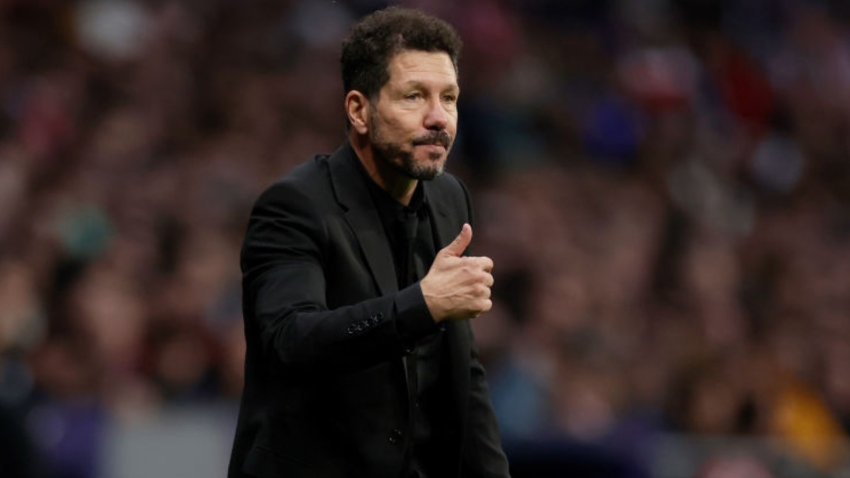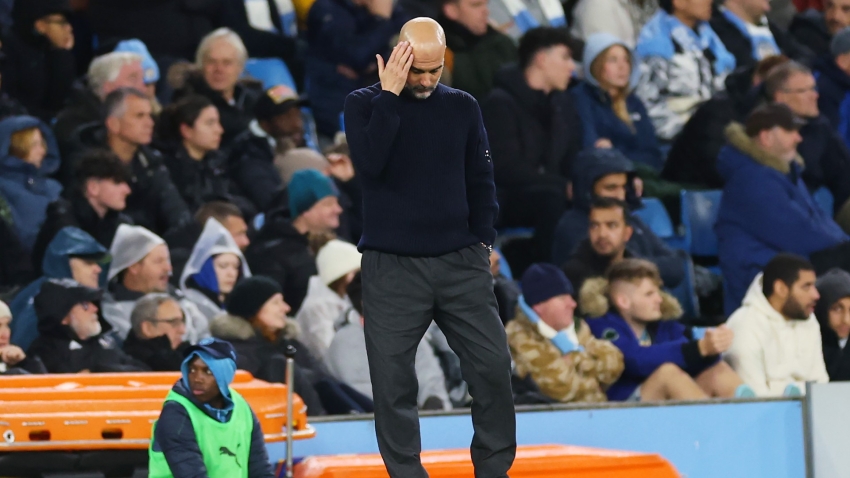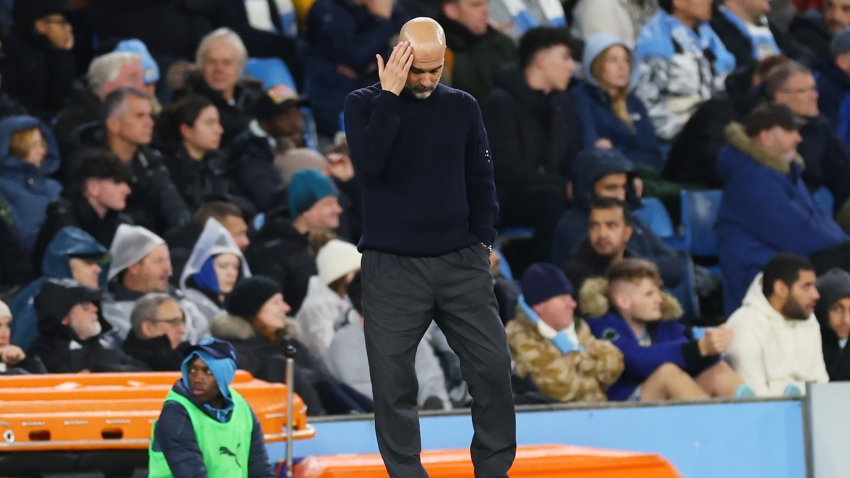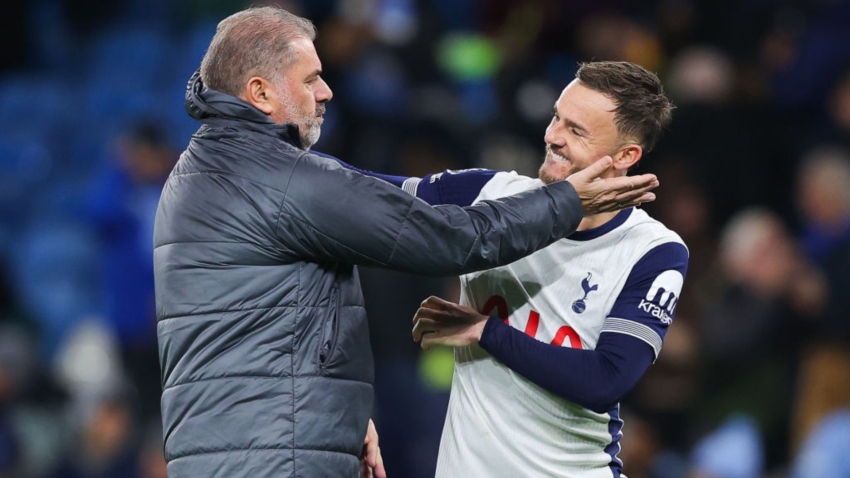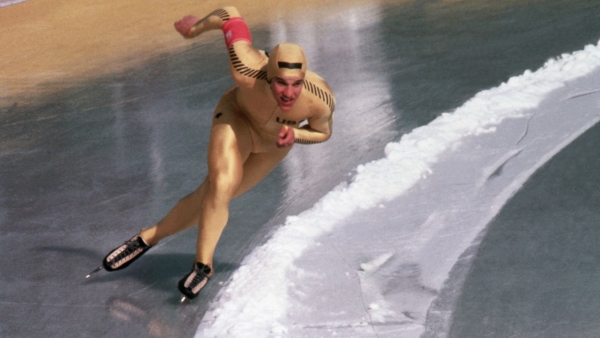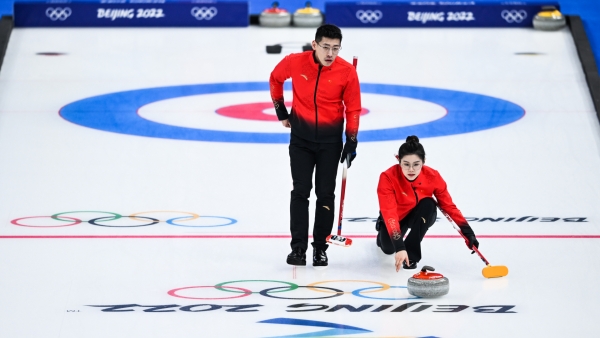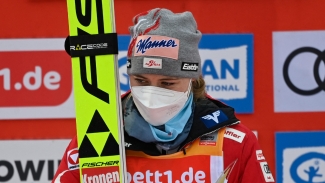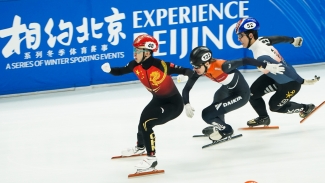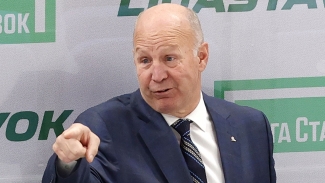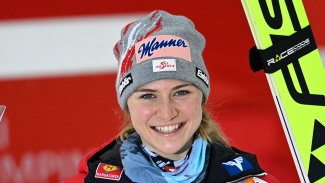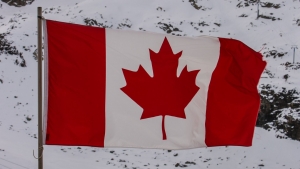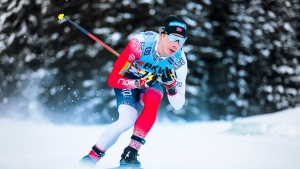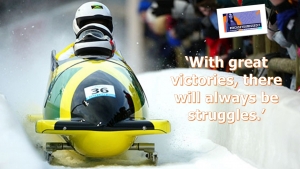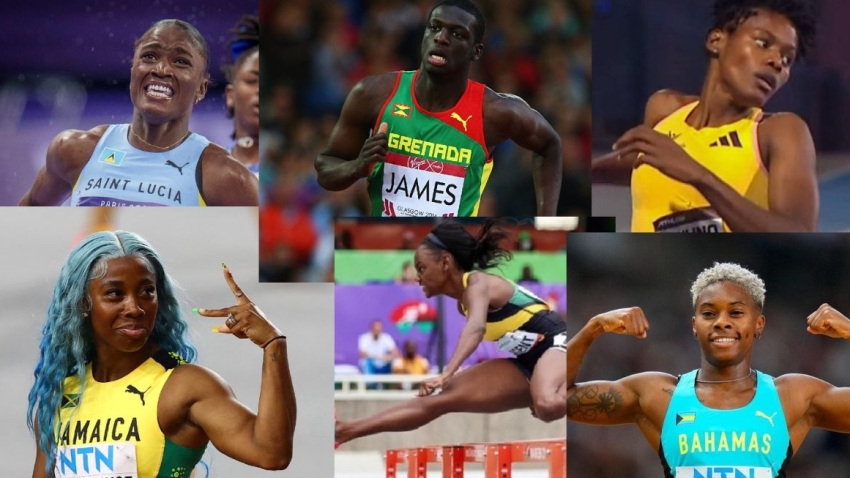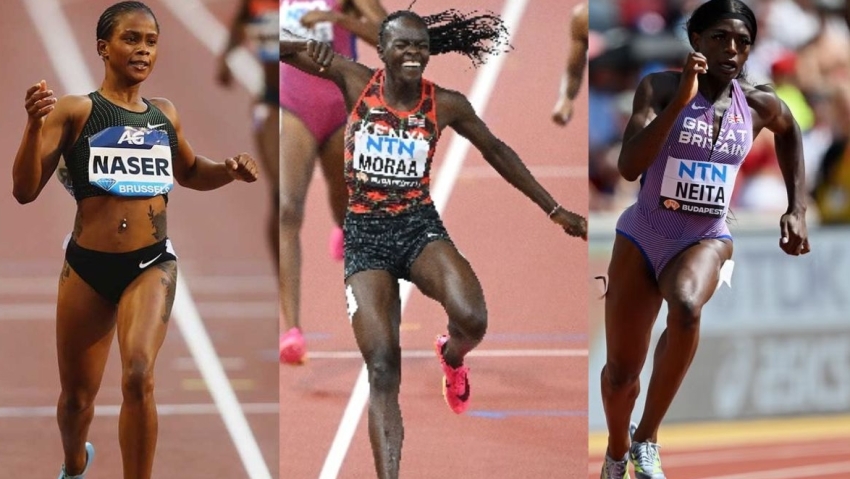Superstars of the winter sports world are lining up at Beijing 2022 to create more breathtaking Olympic memories.
This festival of fast-paced action and technical excellence, a bewilderingly brilliant show set on snow and ice, has delivered sporting legends since it was first staged 98 years ago.
The Winter Olympics has ballooned in scale since Chamonix 1924, but its foundations were set then, with bobsleigh, curling, ice hockey, skiing in its varying forms and both figure skating and speed skating on the original programme.
Here, Stats Perform looks at the achievements of the greatest athletes to strike gold.
BIATHLON: Ole Einar Bjorndalen
Stemming from the sport known in 1924 as military patrol, biathlon is that peculiar blend of cross-country skiing and rifle shooting. It might be archaic in origin, but so too is the 100 metres dash at the summer Olympics, and biathlon remains an integral part of the winter programme.
Norwegian master Bjorndalen has been its greatest exponent, winning five solo gold medals and three in relay events. He competed at each Games from Lillehammer 1994 through to Sochi 2014, first striking gold at Nagano 1998. Bjorndalen peaked at Salt Lake City in 2002, landing four golds.
His fame has never rivalled that of a Michael Phelps or Usain Bolt, even though biathlon commands huge television audiences in parts of mainland Europe. Yet the man whose hunger for devouring the competition earned him the nickname of 'The Cannibal' belongs in Olympic legend.
Four silvers and a bronze took him to 13 Olympic medals in all, the most successful male Winter Olympics athlete for the most successful nation in the history of the Games.
CROSS-COUNTRY SKIING: Marit Bjorgen and Bjorn Daehlie
Bjorgen is the most successful athlete in Winter Olympics history, with eight gold medals, four silver and three bronze, out-ranking even Bjorndalen in Norway's parade of great champions.
She scooped 18 World Championship golds too, had 114 wins among 184 top-three finishes at World Cup events, and ranks as the third most successful Olympian of all time in terms of medals won, after swimming great Phelps (28 medals, including 23 golds) and Soviet gymnast Larisa Latynina (18 medals, nine golds).
Bjorgen made her Olympic debut in 2002 but had to wait until 2010 before landing a first gold at the Games, triumphing in the pursuit, the sprint and the 4×5km relay. Three more triumphs followed in Sochi, before Bjorgen, by now a mother, won twice again at Pyeongchang in 2018. Her career climaxed in a dazzling triumph by almost two minutes in the 30km race on the final day of competition, the gold vaulting Bjorgen above Bjorndalen on the all-time list in the process. She retired a matter of weeks later, a mission accomplished.
Oslo-based Bjorgen ranks only just ahead of compatriot and fellow cross-country superstar Daehlie in the grand totting up. Daehlie was the first Winter Olympics star to land eight gold medals, winning those from 1992 to 1998, including two in front of home crowds at Lillehammer in 1994.
He captured four silver medals across his Olympic career, too, and might have gone on to enjoy success in subsequent Games, only for injuries from a roller-skiing accident to force him into retirement in 2001, at the age of 33.
SPEED SKATING: Eric Heiden, Clas Thunberg and Viktor Ahn
Heiden's story is remarkable, with the American sweeping the board by winning five gold medals at his home Winter Olympics in 1980, taking the Games in Lake Placid by storm and instantly making himself an all-timer in speed skating. He snatched Olympic records across the board, and his feat would be remarkable enough if the story ended there, as the only winter athlete in history to win five gold medals in a Games, but Heiden had more up his sleeve.
He turned his focus to cycling and represented the United States on the track before switching to the road, winning a US national championship and competing at the 1985 Giro d'Italia and 1986 Tour de France, crashing out of the latter late on in the race. Later he became an orthopaedic surgeon, and to this day operates a medical centre in Park City, Utah.
Finland's Clas Thunberg also won five Olympic golds in speed skating, three at the inaugural Chamonix Games and two at St Moritz in 1928, before he went on to serve as a politician. Claudia Pechstein of Germany and Ireen Wust of the Netherlands have also both won five golds.
The only speed skaters to win more have been Lidiya Skoblikova, a six-time gold medallist for the Soviet Union in the 1960s, and Viktor Ahn, a more modern marvel.
Ahn, a short-track speed skater, won the first three medals of his set competing for South Korea as Ahn Hyun-soo in 2006 at Turin. He added three more after switching to race for Russia at the 2014 Sochi Games, a tough pill for Seoul to swallow, with Ahn having cited a lack of support from South Korean authorities as the reason for his sporting defection. South Korean president Park Geun-hye demanded answers.
Ahn was controversially not invited to compete for the Olympic Athletes from Russia team at the 2018 Games in Pyeongchang, South Korea. A state-sponsored doping scandal from Sochi saw the Russian Olympic Committee banned, with a makeshift team entering in their place. Ahn, who insists he has never cheated, said it was "outrageous" to exclude him.
FIGURE SKATING: Sonja Henie
Before she became a Hollywood movie star, and before Adolf Hitler became an admirer of her graceful routines, Norwegian Henie made her Winter Olympics debut as an 11-year-old in 1924. She was a raw talent at the time but in 1928 she landed the gold medal at St Moritz, before repeating the feat four years later at Lake Placid and completing a hat-trick in Garmisch-Partenkirchen in 1936. She had a fan in Hitler and warmly greeted the Nazi leader before the 1936 Games, which did not sit well with many, although she managed to set the controversy aside. Henie elected to turn professional after that triumph in Germany, ensuring she could monetise her talent, and American film studios soon beckoned.
Henie became an ever bigger star, appearing in a host of major box-office movies. Her Olympic gold medal success has never been beaten in figure skating, although Sweden's Gillis Grafstrom also won three consecutive titles in the men's event, with the first of those coming at the 1920 Summer Games in Antwerp, where figure skating was part of the programme.
ALPINE SKIING: Kjetil Andre Aamodt and Janica Kostelic
Alberto Tomba, Pirmin Zurbriggen and Marc Girardelli were bona fide superstars of the slopes in the 1980s and early 1990s, but none of them have an Olympic record to match that of Aamodt.
At the age of 20, Aamodt denied Girardelli the super-G gold at Val d'Isere in Albertville's 1992 Games, pulling off a shock victory that was an omen of things to come, although it was 10 years before he won a second Olympic gold. In Salt Lake City, Aamodt captured the super-G and combined titles, while four years later in Turin he edged out Hermann Maier to take a third super-G title, becoming the first male alpine skier to win four Olympic golds. That he did that after two injury-blighted years, at the age of 34, only enhanced the achievement.
Within minutes of Norwegian Aamodt reaching four, so too did Croatia's Janica Kostelic, the only woman to achieve such a haul. She had won three times in Salt Lake City in 2002, taking the slalom, giant slalom and combined titles, and in Turin, after a bout of sickness disrupted her preparation, Kostelic defended the combined.
Aamodt has eight Olympic medals in all (four gold, two silver, two bronze), while Kostelic has six (four gold, two silver).








